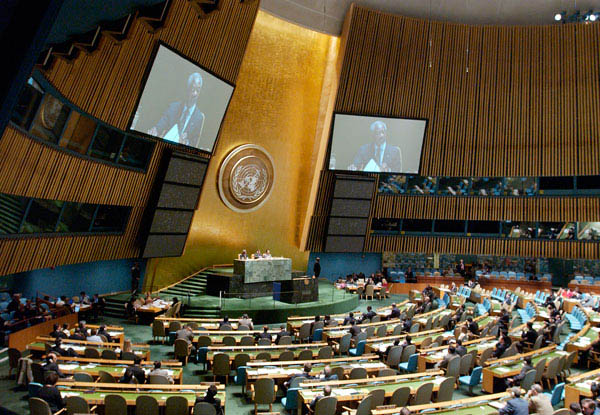Over the past few years, conflict of interest has become an important consideration globally. In July 2014, Prime Minister Narendra Modi promised to bring a law on conflict of interest (CoI) as part of a 17-point agenda. In 2015, he directed his MPs to stay out of parliamentary committees dealing with subjects they have vested interest in. The United Nations Convention against Corruption, which India is a signatory to, identifies conflict of interest as a precursor to corruption. The 69th report on the Prevention of Corruption Amendment Bill 2013 presented to the Rajya Sabha recommends that “conflict of interest” be included under bribery.
Conflict of interest is defined as a set of circumstances that creates a risk that professional judgement or actions regarding a “primary interest” will be unduly influenced by a “secondary interest”. Conflict of interest situations can be institutional or personal, and can stem from financial or other interests, including post-employment opportunities or during public-private partnerships. When it comes to creation of public policy, especially health or nutrition sectors such as nutrition policy, vaccine policy, tobacco control, and research related to health, conflict of interest can have negative impact on the lives of millions of people.
However, the Government of India has not taken any serious action in this direction. We also know that there are no written guidelines to prevent and manage conflicts of interest, if they arise. This may allow secondary interests or factors dominate the situation, while making policy decisions. The 2003 OECD Guidelines on Managing Conflict of Interest in Public Service noted that,“..New forms of relationship have developed between the public sector and the business and non-profit sectors, giving rise for example to increasingly close forms of collaboration such as public/private partnerships, self-regulation, interchanges of personnel, and sponsorships. New forms of employment in the public sector have also emerged with potential for changes to traditional employment obligations and loyalties. In consequence, there is clearly an emerging potential for new forms of conflict of interest involving an individual official’s private interests and public duties, and growing public concern has put pressure on governments to ensure that the integrity of official decision-making is not compromised.” Conflict of interest can be caused by different and divided loyalties. Let me explain using the example of Scaling of Nutrition Movement (SUN as it is popularly called). If a country becomes a member of SUN, it becomes a “SUN country” and is expected to “have a multi-stakeholder partnership for coordination at national level” as a strategy. SUN has even moved from neglecting conflict of interest issues to “blurring” the conflict of interest concept in letter and spirit. SUN encourages to set up influential SUN Business Network (SBN) as a part of the multi-stakeholder platform. These companies in SBN include Pepsi, Cargill, Nutriset, Britannia, Edesia, General Mills, Galxo SKB, Mars, Indofood, Nutrifood, DSM, Amul, Valid Nutrition, and many others that are local ones. Can this be a conflict of interest? A majority of SBN members are in food businesses promoting either ready-to-use foods, nutrition supplements, nutrients, or fortified foods. It is not a rocket science to understand what big food businesses want in food policy. It is especially dangerous when there are no guidelines to prevent or manage conflict of interest in a country like India.
We also know that processed foods are known cause of obesity, diabetes and other non-communicable diseases and SBN does nothing to prevent or control marketing of unhealthy foods to children.
If, for example, India becomes a “SUN country”, focus on its cultural and sustainable locally based food systems may get lost. It can even compromise India’s interests in terms of its economy. One of the reasons big food players would like to come to India is because the markets in the west are saturated and growth of processed food is projected in lower middle-income countries.
In the short-term, India can have guidelines to prevent and manage conflicts of interest. A legal framework can follow it.
In April, the Supreme Court debarred N. Srinivasan, the former BCCI president, from representing the Board at the International Cricket Council as he has been held guilty for conflict of interest. Similarly, the Supreme Court also observed in 2012 to remove the representatives of the food and drinks industry from the panels of the Food Safety and Standards Authority of India (FSSAI). These observations lend support for the case to have a legal framework as a long-term strategy for prevention and management of conflict of interest.
Dr Arun Gupta MD, who is a senior paediatrician, works on child health and nutrition policy. He is the Regional Coordinator for Asia, of International Baby Food Action Network (IBFAN), which is a 1998 Right Livelihood laureate (also known as the Alternative Nobel Prize).

